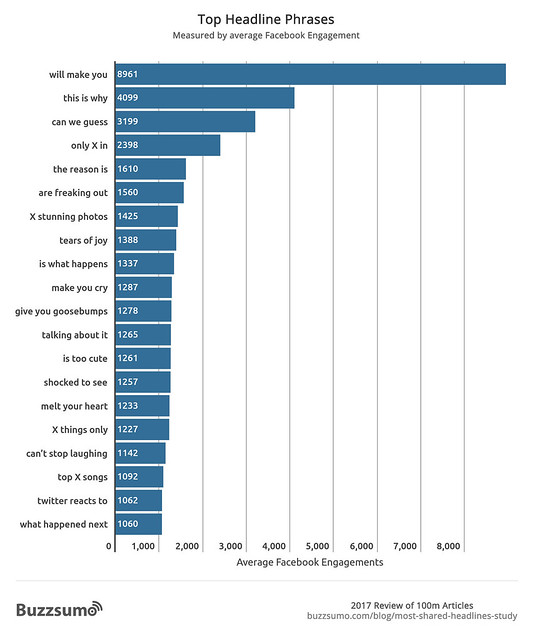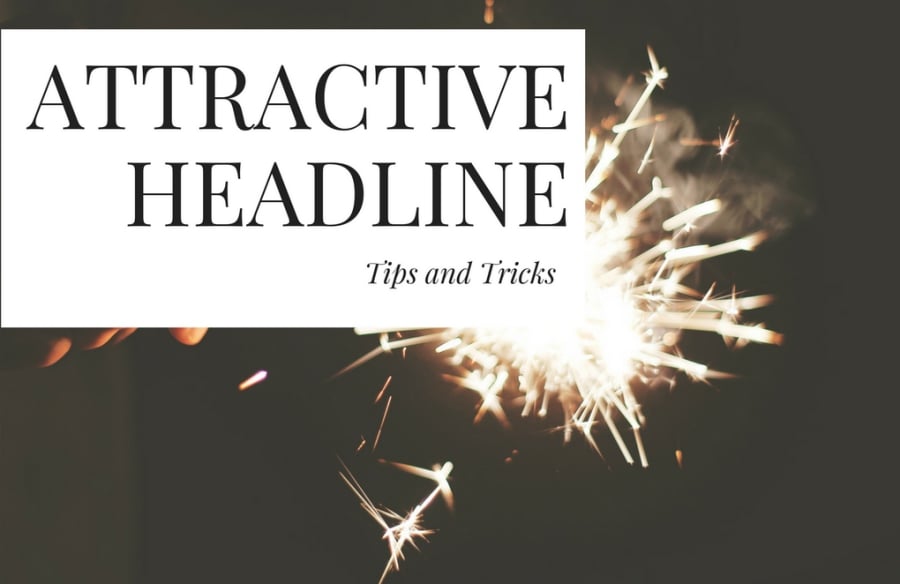Mass media have almost completely migrated to the space most for the masses: social networking sites. They find their target in, say, Facebook and invite them to read their content in Facebook itself, knowing full well that if the invitation is not accepted, the news story won’t be read (or will be read very less).
In general, “invitation” is the most suitable word to describe the media outlet–audience relationship. The media outlet is trying through different steps and at various cost to be a pleasant inviting party.
For example, it pleases and emphasizes being on its platform to the audience’s subconscious expectations; ultimately in the process of inviting, it doesn’t fail to emphasize its shortcomings, since on the backdrop of these shortcomings, the average reader feels simultaneously like a king (or queen) and Einstein (Levon Aronian).
Unnoticed, but indefinitely transformed are both the structure and content of news stories.
Chief editors are also marketing specialists: they want their news stories to have many views and shares, and they concentrate everything on the headline, since it is the first and often only piece of text that is actually read.
In Facebook, only the headline and the first few lines are seen. And it turns out that is how the news stories are constructed: the headline and a few lines. So that everything becomes clear at once, and the reader doesn’t exert effort to do a few more clicks.
And so, emerging are headlines that are not only short and attractive, but also inviting and explanatory.
Analyzing 100 million headlines in Twitter and Facebook, Buzzsumo concluded that the most read and watched content were those that had in their headlines phrases such as “just imagine,” “will make you,” “the reason that you will read this,” and “this is why…”
That is, an explanation is given why the story should be read.

The phrase “after knowing this…” prevails among the top headlines. It seems as though it’s directed to the delicate strings of the reader’s soul. After all, don’t many people want something in them to change after reading something?
The most widespread subtext is this: “If you don’t read this, you’ll miss something important.” For example, the change within you.
I’m not talking about emotional headlines; these will always be appended (“Your heart will melt after watching this,” “Tears will flow,” “You won’t stop laughing,” “You’ll never be the same again,” “You’ll get goosebumps…”). Rather, I’m talking about relationships.
There’s the impression that being created is a new explanatory news model, which justifies why you should read the story, since the causal chain (maybe) has been broken for the audience.
The audience wants to understand why it should read the story. And the media outlet explains why. Or the opposite: from the beginning the media decided to explain, while the audience’s infantile approach is the result of that.
In any case, such a direct, blunt, and unconcealed invitation/explanatory style helps to create the illusion that the audience is not homogeneous, since the explanation is personalized (the media is appealing not to the masses but to you, since you are unique and after reading the story, you’ll become more unique).
The headlining phrase “All Armenians must know this…” is also accepted in Armenian media, which is likewise personalized, since in modern Armenia it’s fashionable to consider that the nation is one person (like the army).
Offering and inviting are now not enough, you must explain why that offer is being made. In school, it was common to write an essay explaining what the author wanted to say with his work.
The situation is practically the same. The media not only says, but also explains its words. Then adds those explanations in news headlines so that the reader is not suddenly mistaken.
If the reader has been told the story is exciting, then he must get excited; if he’s been told that he needs to cry, then he must cry; if he’s been told that life is going to change, then it will change.
Nune Hakhverdyan







